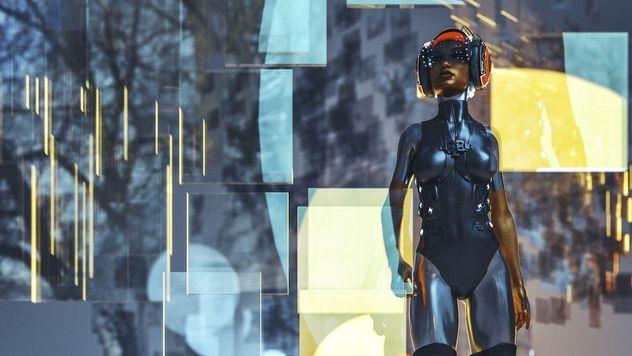The rise of artificial intelligence (AI) is creating both excitement and concern among workers worldwide. A recent report suggests that AI could replace 85 million jobs by 2025, leading to widespread displacement and unemployment. However, the reality is likely to be more nuanced and complex.
As the global economy steadily recovers from the present downturn, the World Economic Forum (WEF) predicts that creative technology will eliminate 85 million jobs in mid-sized to large enterprises while creating 97 million new ones over the next five years. As a result, this is a wake-up call to reskill in data literacy to capitalize on future opportunities.
“There’s a lot of talk, fear, and hype about how new AI tools will integrate with creative teams,” said Kyle Monson, partner at Codeword, according to a press release. “As an agency that straddles the creative and technology worlds, we want to explore what human-AI collaborations can look like.” “And we’ll do it in public, so our team and our community can learn from this experiment.”

AI has the potential to automate many routine and manual tasks, freeing workers from mundane work and allowing them to focus on more creative and higher-level tasks. This shift has the potential to drive economic growth and improve living standards, but it will also create new challenges for workers. The report estimates that 85 million jobs could be lost to automation in the next four years, a significant portion of which is likely to be in the manufacturing, retail, and customer service industries.
However, it is also important to recognize that technology has a history of creating new jobs even as it eliminates others. For example, the introduction of the personal computer and the internet created a vast array of new jobs in the tech industry, including software developers, web designers, and digital marketers. Similarly, the rise of AI is likely to create new job opportunities, particularly in fields such as data science, machine learning, and cybersecurity.

It is also worth noting that AI will not replace all jobs, but rather transform them. Many jobs will require workers to collaborate with AI systems and machines, augmenting their abilities and expanding their capabilities. This will require workers to develop new skills, particularly in areas such as data analysis, coding, and computer science.
In conclusion, the report suggesting that AI could replace 85 million jobs by 2025 should be taken with a grain of salt. The impact of AI on employment is likely to be complex and multifaceted, with both losses and gains. While workers may face challenges, there will also be new opportunities for those who can adapt to the changing landscape. To prepare for this future, workers will need to continuously upgrade their skills and be willing to embrace new technologies.


